6 Quick Ways Of Disposing Home Rubbish
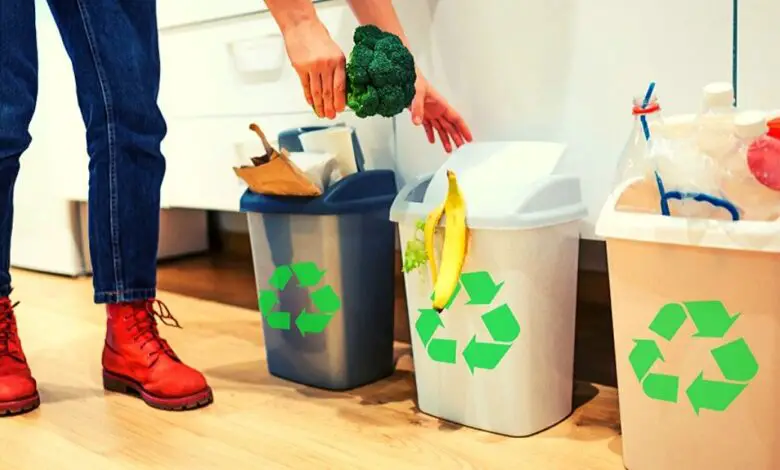
Every day, you use items that you, then, toss into the garbage can. Unfortunately, this creates a pile of waste each week.
You can reduce the amount of trash that goes to landfills by reducing solid waste. Most landfill waste is reduced through methods of reducing, reusing, and recycling. It has a severe economic and environmental impact when disposed of on landfills. Also, hundreds of acres that could’ve been used for setting up new residential colonies or industries are being rendered useless due to slow decomposition rates, which take thousands of years.
It has become increasingly important to manage waste around the world. As the planet’s population has grown exponentially for the last few centuries, vast amounts of trash have accumulated without a proper system for disposal.
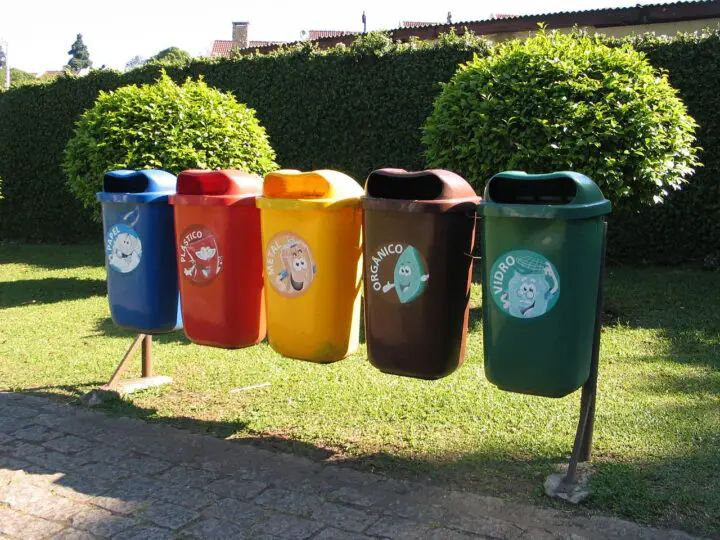
You can minimize your rubbish footprints by applying these quick yet effective ways to dispose of home rubbish:
1. Dispose Of Hazardous Waste Properly
Biowaste management requires caution and thorough planning. Batteries, unused medicine, medical syringes, etc., should not be discarded carelessly. Chemicals leach into the soil and accumulate in plants, making them toxic to people living in that area. You might consume fresh produce and plants that are drenched in the chemicals from the soil.
When dealing with hazardous waste, it’s vital to follow all safety precautions and call in the pros when necessary. Don’t disregard the warning sign that says ‘Do not throw in trash’ when disposing of hazardous waste. Some of the most common items included in this category are batteries, e-waste, and aerosol cans that can adversely affect the environment if not correctly disposed of. Click here for ideas from your waste management company on how you can properly dispose of any hazardous materials.
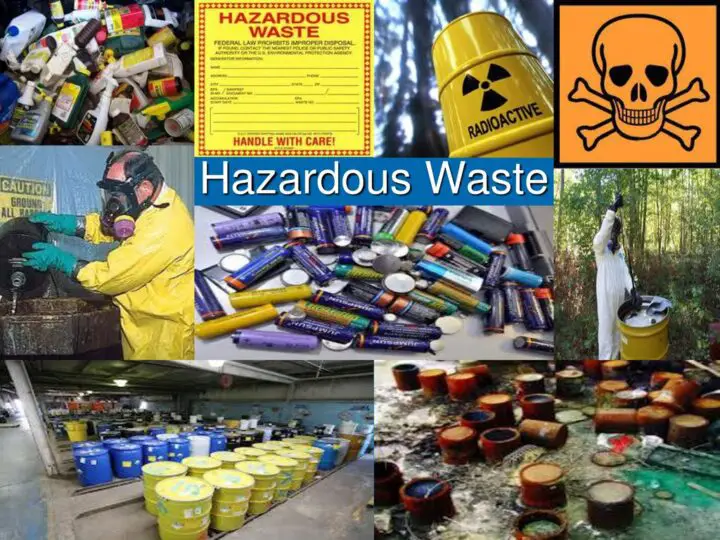
Make sure the waste is disposed of properly by bringing it to your nearest recycling center or hiring a rubbish removal service, like this one.
2. Compost Kitchen Waste
Composting organic waste is an eco-friendly way to manage waste. Buy an excellent composting bin and create rich compost from your kitchen waste. As a result, you’ll have quality manure to use in your garden, reducing your organic waste.
Plan how you’ll sort your compost and recycle bins if you’re designing or remodeling a kitchen. Some kitchen design companies build sorting bins right into their counters. You can also choose to convert a vacant space in the kitchen into a waste collection area. What’s important is to leave enough room for sorting and storing waste materials.
You should remember that not all items can be composted, so don’t believe everything you read on the Internet! For instance, did you know that it’s not a good idea to put coffee grounds in the compost or on your flowers? Don’t make a mistake by using these rubbish grounds on your plants.
3. Sort And Segregate
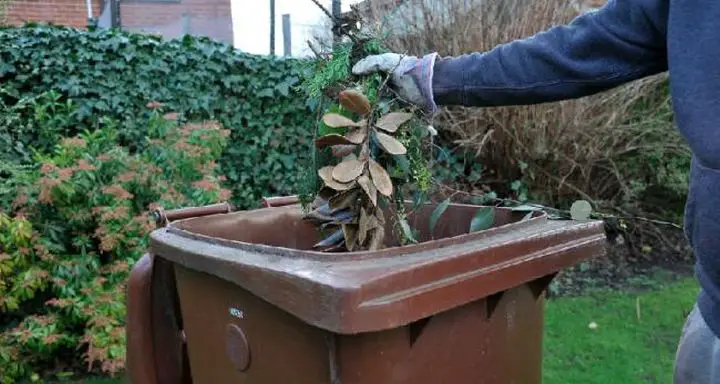
The proper way to dispose of garbage requires sorting and separating (or bundling) waste into general waste, garden waste, and recycled waste. However, you could do more to help the environment. All rubbish should be put in the house bin within 24 hours, except for the large ones. Items that are too big for the rubbish bin should be taken as soon as possible to the nearest community rubbish tip.
Household rubbish that must be treated prior to disposal must be bagged, separated, and disposed of correctly.
Categorizing garbage items is a good idea because it determines the probability of them being recycled. Sort waste according to materials, such as plastic, wood, glass, and general waste. By doing so, you can recycle waste more properly and efficiently.
In a nutshell, you ought to handle hazardous waste separately and take care of any oversize waste individually.
4. Donate Items Whenever Possible
You may give items that are in good condition yet of no use to you away to schools, orphanages, and shelters. These can include blankets, pencils, clothing, and shoes, among many others. Hoarding items only makes for very difficult waste management and creates clutter in the house.
5. Recycle As Much As You Can
Most people worry that the earth’s raw material reserves, such as iron ore and bauxite, which are used to produce metals, like steel and aluminum, will soon be depleted. Paper is made from trees, which have been used for centuries. As a result, governments encourage people to decrease waste by reusing and recycling metals or papers they no longer need. These processes are known as recycling.

Much of the rubbish thrown out by people can be recycled. For example, many of the aluminum products coming out of modern factories are made from recycled beverage cans and window frames. The recycling industry is becoming a big business in today’s world.
Manufacturers who deal with aluminum cans would pay a lot of money for them, so it will pay off to save some of that rubbish.
6. Landfills Are The Last Option
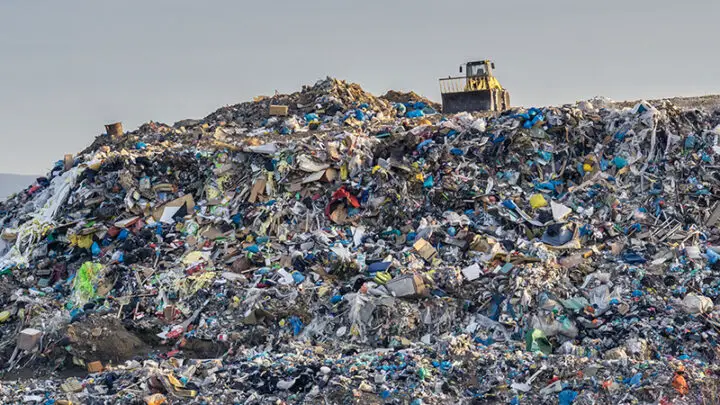
The conventional method of disposing of a rubbish piece is to discard it in a landfill. However, it’s not the best way, nor is it environment-friendly. The greenhouse effect will only worsen if this happens.
Decomposition differs for each type of rubbish. For example, some natural food waste decomposes within months, while car tires could take as long as 80 years to decompose. So, it’d be better to apply some tire recycling ideas to make these items useful instead. While landfills sit empty, greenhouse gases, like methane, emitted from them are pumping heat into the atmosphere and melting the polar caps.
In order to avoid unpleasant odors, it’s not recommended to keep a lot of mixed waste around the house. This is due to the water and food waste being mixed. In addition, it will act as a magnet for unwanted pests, as well as bring diseases and germs to your home.
Conclusion
Everyone needs to realize the importance of recycling glass, metals, and plastics. Leftover food should be composted, rather than left rotting in the soil and becoming toxic to life. You’ll save money by using old rags in the house and by avoiding overly packaged foods.
Make a conscious effort to reduce household waste so it doesn’t end up on street corners, bodies of water, and landfills. Do your part in creating a greener tomorrow!
